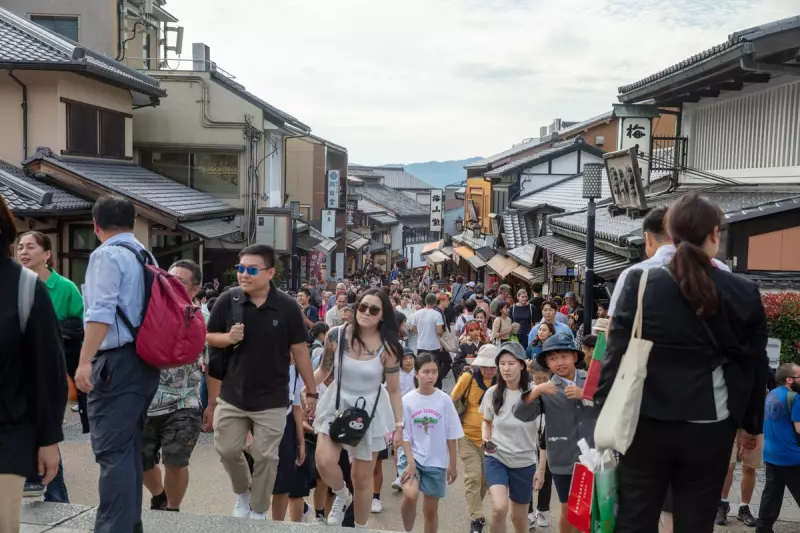
Japan's ancient capital of Kyoto is implementing substantial increases to its tourist taxation system, with new measures set to take effect in 2026 that will significantly raise costs for visitors to the culturally rich city.
Understanding Kyoto's New Tourist Tax Structure
The revised taxation framework introduces a dual approach to managing tourism revenue. Starting in 2026, visitors will face higher accommodation taxes alongside a newly established city tax, creating a comprehensive system designed to address the challenges of overtourism while funding essential city services.
Accommodation Tax Increases
The accommodation tax, currently applied to overnight stays, will see substantial rises across all types of lodging. Budget hotels and traditional ryokans alike will be affected, with the increases varying based on accommodation classification and nightly rates.
New City Tax Implementation
Beyond accommodation fees, Kyoto will introduce an additional city tax affecting various tourist activities and services. This measure aims to distribute the financial responsibility of tourism management more broadly across visitor expenditures.
Addressing Overtourism Challenges
Kyoto officials emphasize that the tax increases are necessary to combat the persistent issue of overtourism that has plagued the city's famous landmarks, including:
- Historic temples and shrines experiencing overcrowding
- Public transportation strain during peak seasons
- Preservation challenges for delicate cultural sites
- Infrastructure maintenance in popular tourist districts
Revenue Allocation and City Improvements
The additional revenue generated from the tax hikes will be directed toward several key areas:
- Enhanced preservation of UNESCO World Heritage sites
- Improved tourist facilities and signage
- Development of less-crowded alternative attractions
- Infrastructure upgrades to handle visitor volumes
- Cultural preservation programs
Tourism industry representatives have expressed mixed reactions to the announcement, acknowledging the need for sustainable tourism management while expressing concerns about potential impacts on visitor numbers.
The 2026 implementation timeline provides travel operators and potential visitors with adequate preparation time, allowing for adjustments to pricing structures and travel budgeting. This forward notice period demonstrates Kyoto's commitment to transparent tourism policy development.
As global tourism continues to rebound post-pandemic, Kyoto's approach may serve as a model for other popular destinations grappling with similar challenges of balancing visitor access with cultural preservation and quality of experience.





